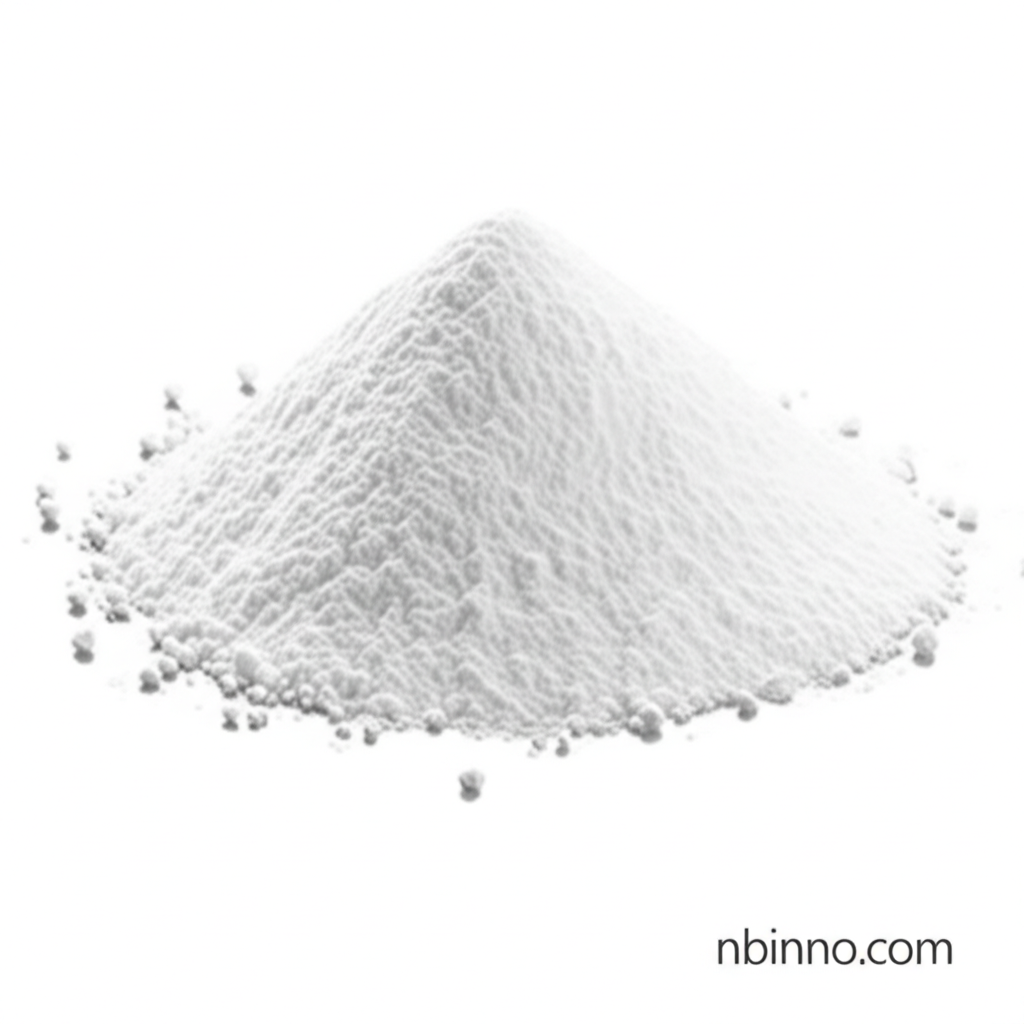Lithium Bis(trimethylsilyl)amide: A Versatile Strong Base for Advanced Organic Synthesis
Unlock powerful synthetic pathways with a premier non-nucleophilic base, essential for complex chemical transformations.
Get a Quote & SampleProduct Core Value

Lithium Bis(trimethylsilyl)amide
Lithium bis(trimethylsilyl)amide is a high-performance chemical reagent, renowned for its exceptional strength as a non-nucleophilic base. This characteristic allows it to effectively deprotonate a wide array of organic substrates without engaging in unwanted nucleophilic attack, a critical advantage in precise synthetic chemistry. It plays a pivotal role in the formation of organolithium compounds and facilitates crucial carbon-carbon bond-forming reactions, making it indispensable for crafting complex organic molecules.
- Discover efficient deprotonation reagents for challenging organic synthesis projects.
- Leverage the power of organolithium compounds synthesis for novel material development.
- Explore the advantages of a sterically hindered base in achieving high selectivity.
- Utilize lithium amide ligand in the creation of advanced metal complexes for catalysis.
Key Advantages
Superior Basicity
Experience unmatched deprotonation capability, enabling reactions that are difficult with less potent bases, crucial for precise carbon-carbon bond formation.
Enhanced Selectivity
Benefit from its sterically hindered nature, which minimizes nucleophilic side reactions, leading to cleaner reaction profiles and higher yields in complex syntheses.
Organometallic Versatility
Its utility extends to acting as a valuable ligand in organometallic chemistry, forming lipophilic and reactive metal amide complexes essential for advanced catalysis.
Key Applications
Organic Synthesis
Facilitates key reactions such as enolate formation, alkylations, and condensations, vital for creating intricate organic molecules.
Catalysis
Acts as a catalyst in various organic transformations, including the formation of phosphaguanidines and disubstituted 1,2,5-thiadiazoles.
Ligand Chemistry
Used to synthesize metal bis(trimethylsilyl)amides, which are important precursors for coordination compounds and catalysts.
Materials Science
Explored for applications in atomic layer deposition (ALD) for creating lithium-containing thin films.
